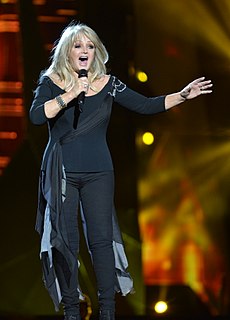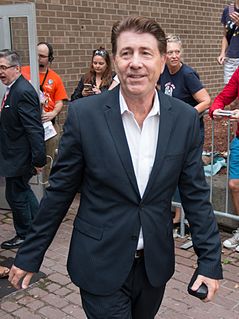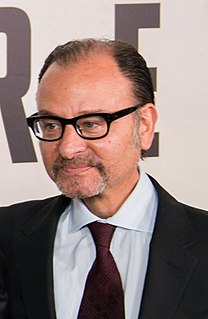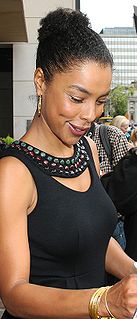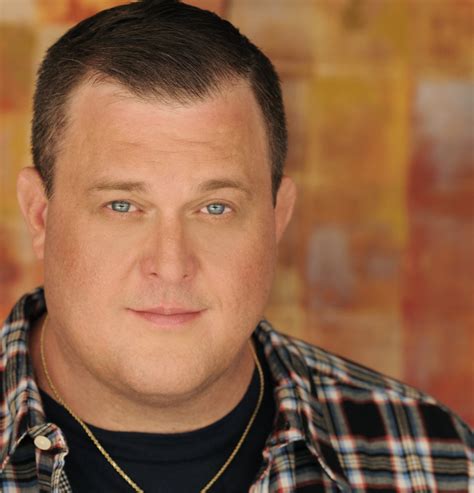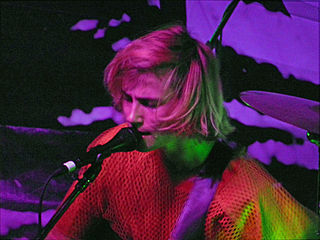A Quote by Michaela Coel
I wanted to write a show about an estate that wasn't sad or morbid, like a lot of shows portray working class life to be.
Related Quotes
I suppose I don't have to work, but I do love working. I class myself as a working-class girl, and I've never stopped working. When I'm offered shows here, there and the other, I do an awful lot because I feel other people would love to be offered what I'm offered; who am I to say no? I'm definitely working class, and I always will be.
When I was nine, the teacher asked us to write a piece about our village fete. He read mine in class. I was encouraged and continued. I even wanted to write my memoirs at the age of ten. At twelve I wrote poetry, mostly about friendship - 'Ode to Friendship.' Then my class wanted to make a film, and one little boy suggested that I write the script.
I did always want to write. And then, when I left New York, where I was working very steadily in the theater - I had done three Broadway shows in a row and was a bit burnt out - I moved out to L.A. and I was not working very much. I came in cold and I'd work for a week, but then I'd have a month or two off. I thought, "I'm going to go crazy unless I actually do write." Like a lot of things in life, it was a situation that came about by circumstances.
The really successful work in England tends to be working-class writers telling working-class stories. The film industry has been slow to wake up to that, for a variety of reasons. It still shocks me how few films are written or made in England about working-class life, given that those are the people who go to movies.


